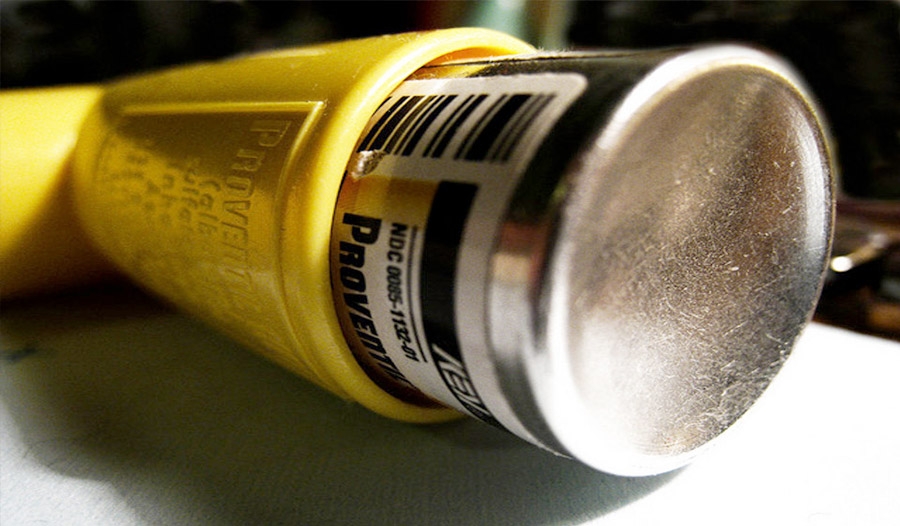
Marijuana and Asthma
Marijuana has long been reported to relieve symptoms of asthma. Now, research explains why marijuana’s main ingredient might help patients breathe easier.
Published in January 2014 in the British Journal of Pharmacology, a new study shows marijuana may have a similar effect on the airways as some asthma medications.
Using samples of human lung tissue, French researchers found that THC could block muscle contractions caused by a signaling molecule called acetycholine.
Acetycholine is responsible for maintaining muscle tone of the airways and also contributes to contractions in asthma attacks. Interestingly, asthma medications block the same molecule, but from a slightly different angle.
“They prevent the acetycholine from binding to its receptor,” explains Dr. Donald Tashkin, who was not involved with the study. “But THC works proximal to that. It doesn’t have any competitive effect for binding to receptors. It just prevents the acetylcholine from being released.”
Dr. Donald Tashkin, a lung expert and professor of medicine at UCLA, was part of the team that first discovered marijuana’s effect as a bronchodilator. In 1973, his group published a study in the New England Journal of Medicine that found airways widen in both healthy and asthmatic individuals after smoking marijuana.
“It also succeeded in reversing experimentally induced asthma, in a manner that was comparable to what could be achieved with a standard therapeutic bronchodilator that was widely used at the time.”
In fact, Dr. Tashkin’s findings led to a number of subsequent studies on delivering THC through an inhaler. But the inhaler route didn’t work, he says, because the THC molecule was too large and caused patients to cough.
Taking THC orally was also tried, but its effect on the airways was delayed and too weak.
And while researchers eventually concluded that smoking was the best route of administration, smoking seemed like a poor choice for delivering a treatment.
“The problem with the smoke is that it contains a lot of noxious components that are irritating to respiratory tissue and could lead to an inflammatory response in the central airways, which would not be a good thing to develop in an asthmatic.”
But Dr. Tashkin’s work on the subject ended well before vaporizers became popular as an alternative to smoking. And though no one has ever studied it, he says, in theory, it could work.
“If you vaporized it, you would eliminate all the other ingredients in the smoke that are similar to components in tobacco smoke,” Dr. Tashkin explains. “I don’t know if anyone’s ever studied the effect of vaporized THC on airway smooth muscle, but my guess is that it would lead to bronchodilation.”
January 2014




